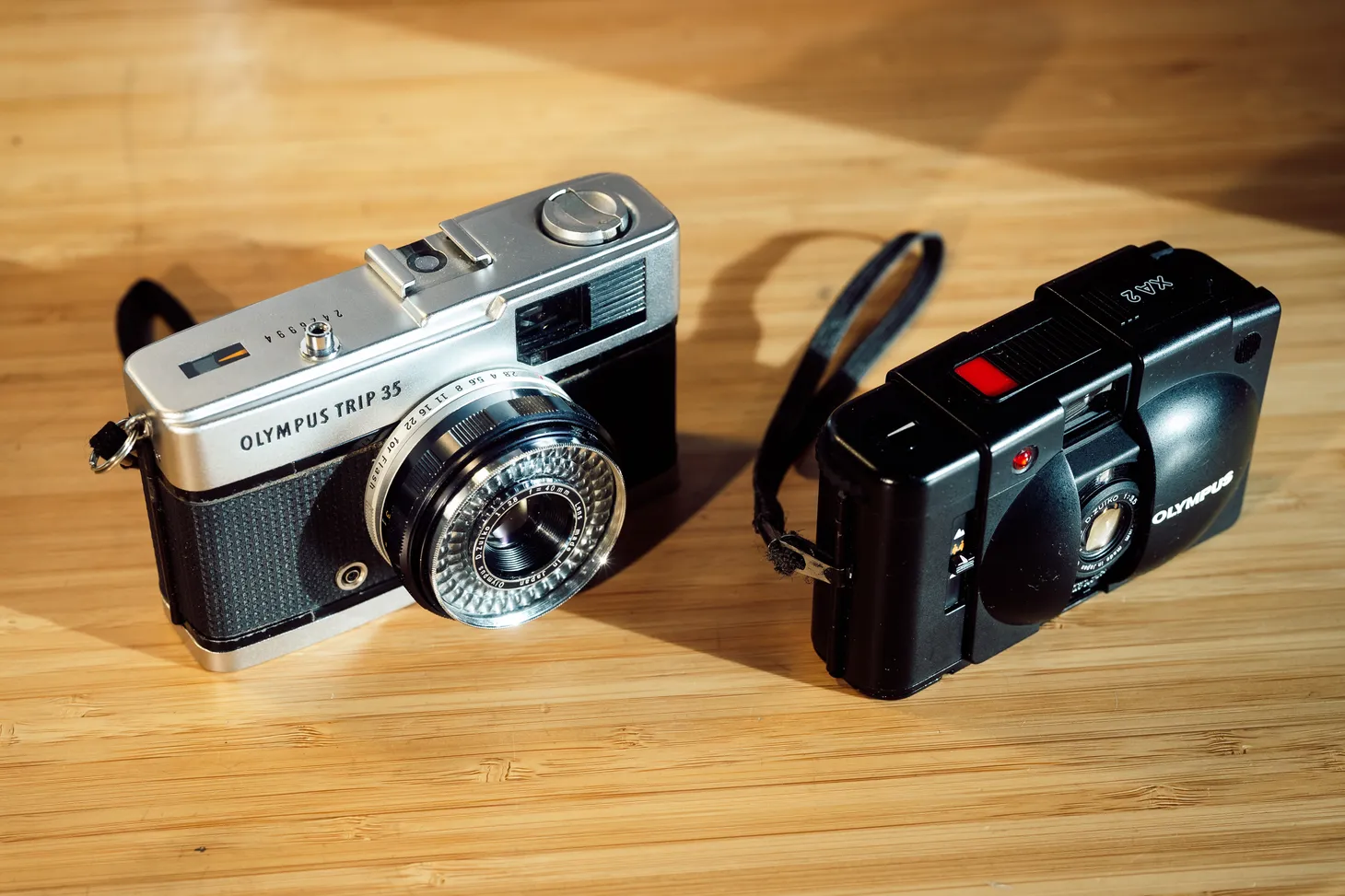A return to the Suffolk Sandlings, and some thoughts on photography and memory
You can never go back, they say. But next week I am doing exactly that.
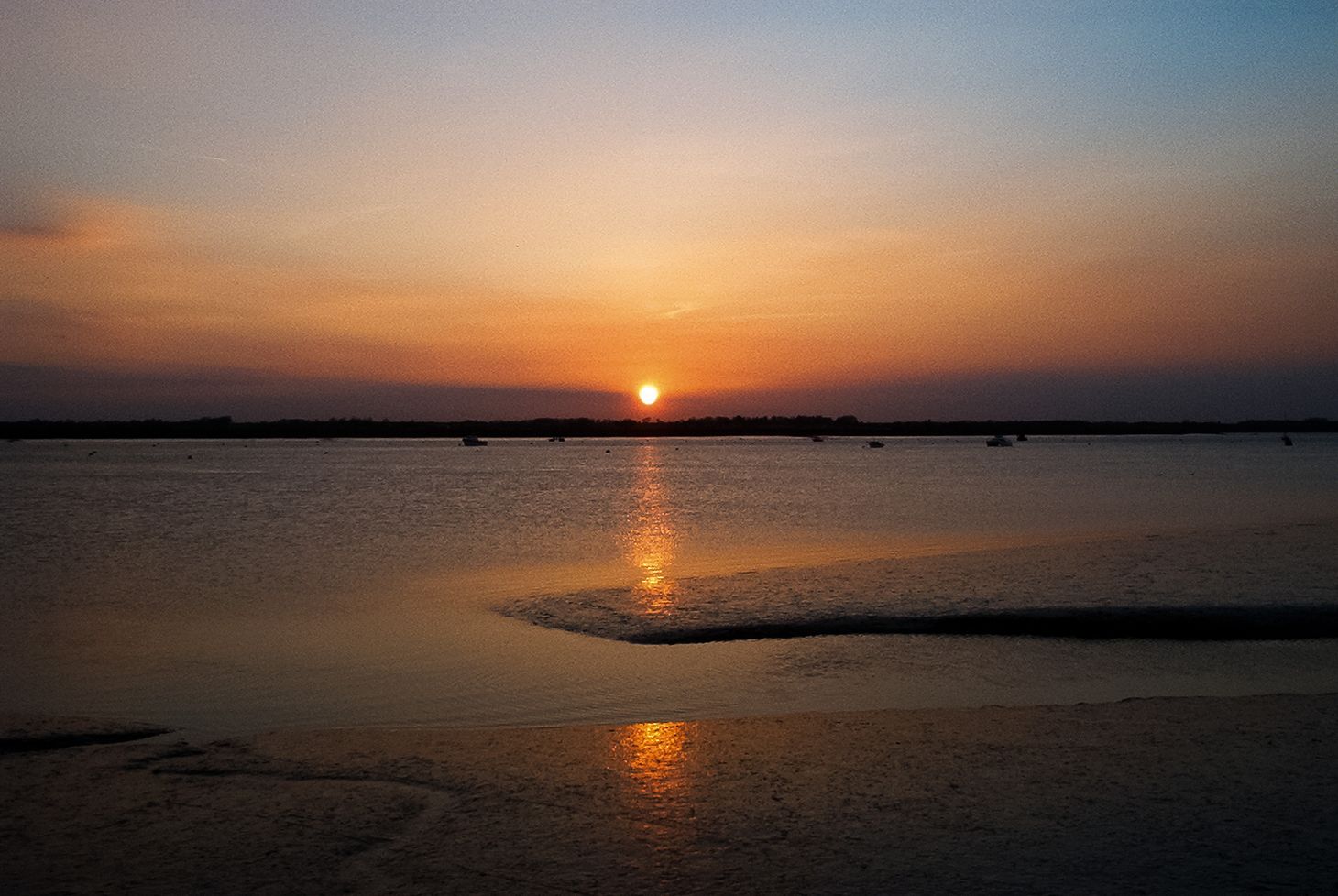
In 2002, when I was 16 years old, my family moved from Cambridgeshire to a small village on the Suffolk coast. With forest and heath on one side, estuary mudflats on the other, this area played a pivotal role in my outdoor development. I was a solitary lad and spent all my spare time roaming the hundreds of miles of public footpaths in this area. I learnt how to walk 25 miles a day, how to bivvy, how to stealth camp. For me, it was a landscape of pure imagination and freedom. Although I spent a lot of my time pining for mountains back then, I didn't realise how the Suffolk Sandlings were starting to shape my perception, help me to see and feel the subtle things. All grist for the mill.
Between graduating university in 2008 and my parents moving to Lincolnshire in 2014 I spent a couple of short spells living back there, and visited several more times. But in my head, when I think of the Sandlings, I think of 2002–2005.
Now, more than eight years after my last visit in October 2014, my memories of this place exist in a kind of highly selective lo-fi fever dream, captured on tiny early-2000s digital sensors and presented as thumbnails in Lightroom. It's amazing to me how few photographs I took during this period. There are 921 images tagged 'Suffolk' in my Lightroom library, and only 35 with a four-star rating or higher. These days I'll often capture (and keep) more than 2,500 images a year.
Those 921 images define my memory of the Suffolk Sandlings, and they also define the person I remember being at that time.
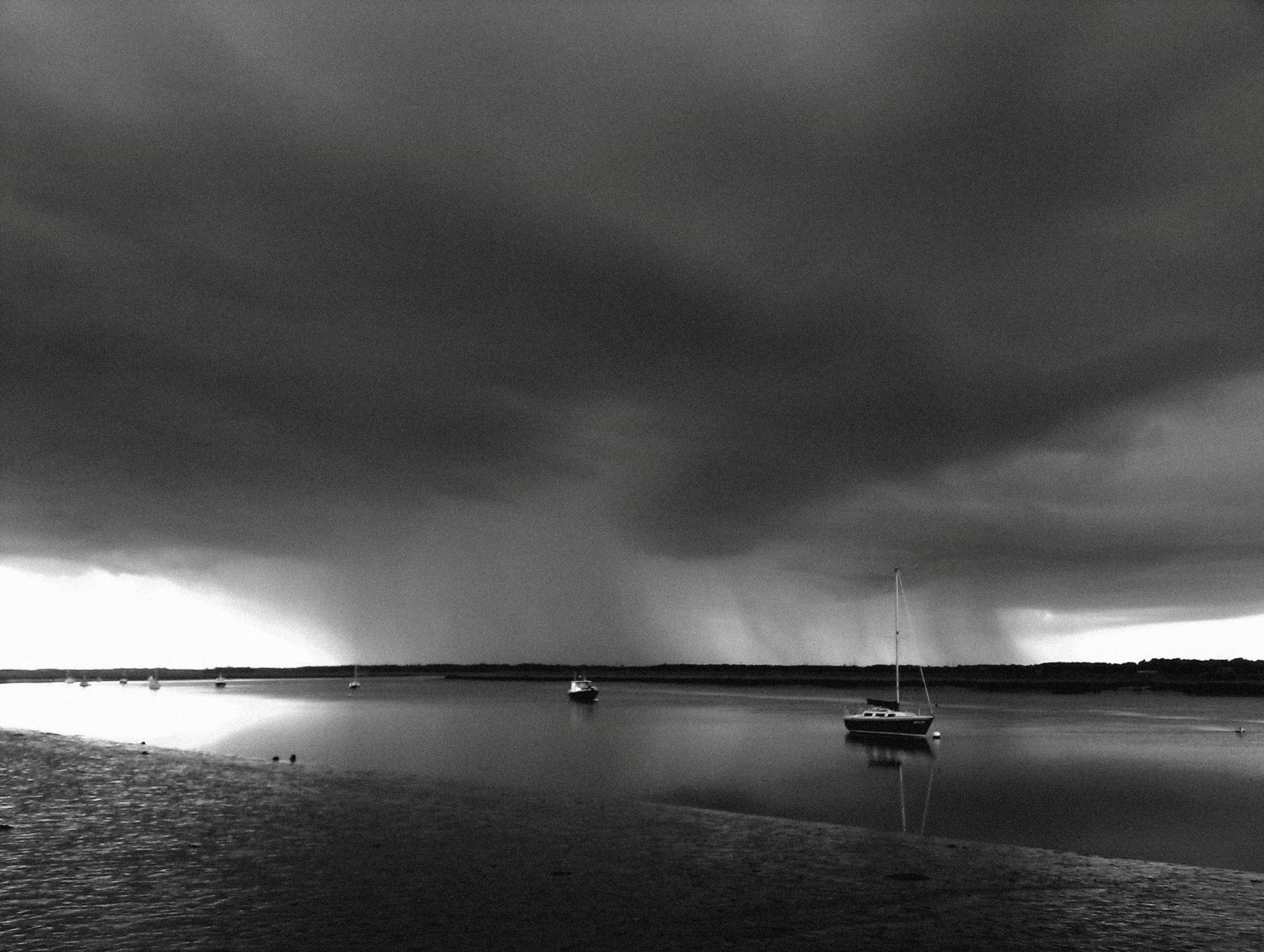
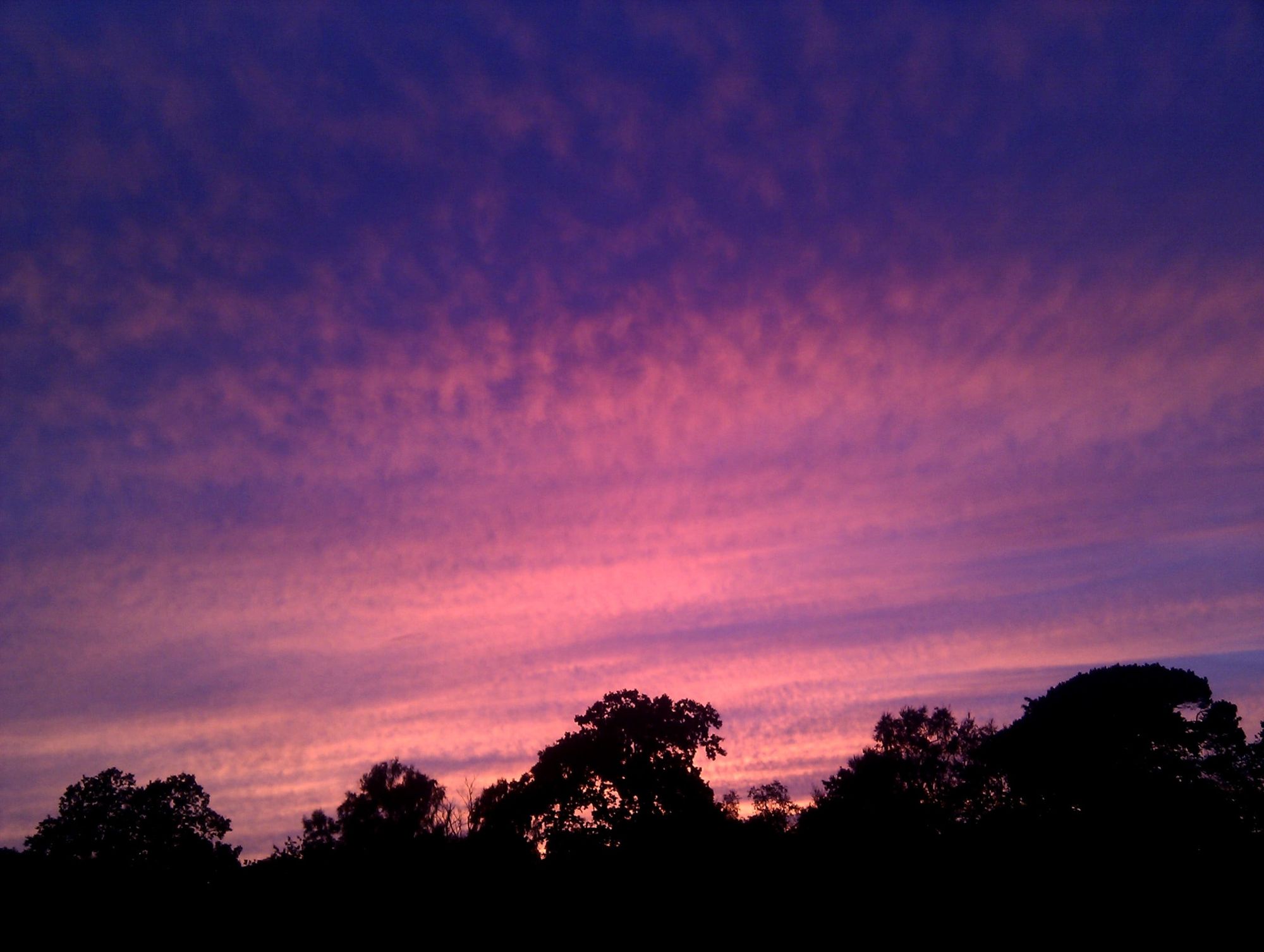
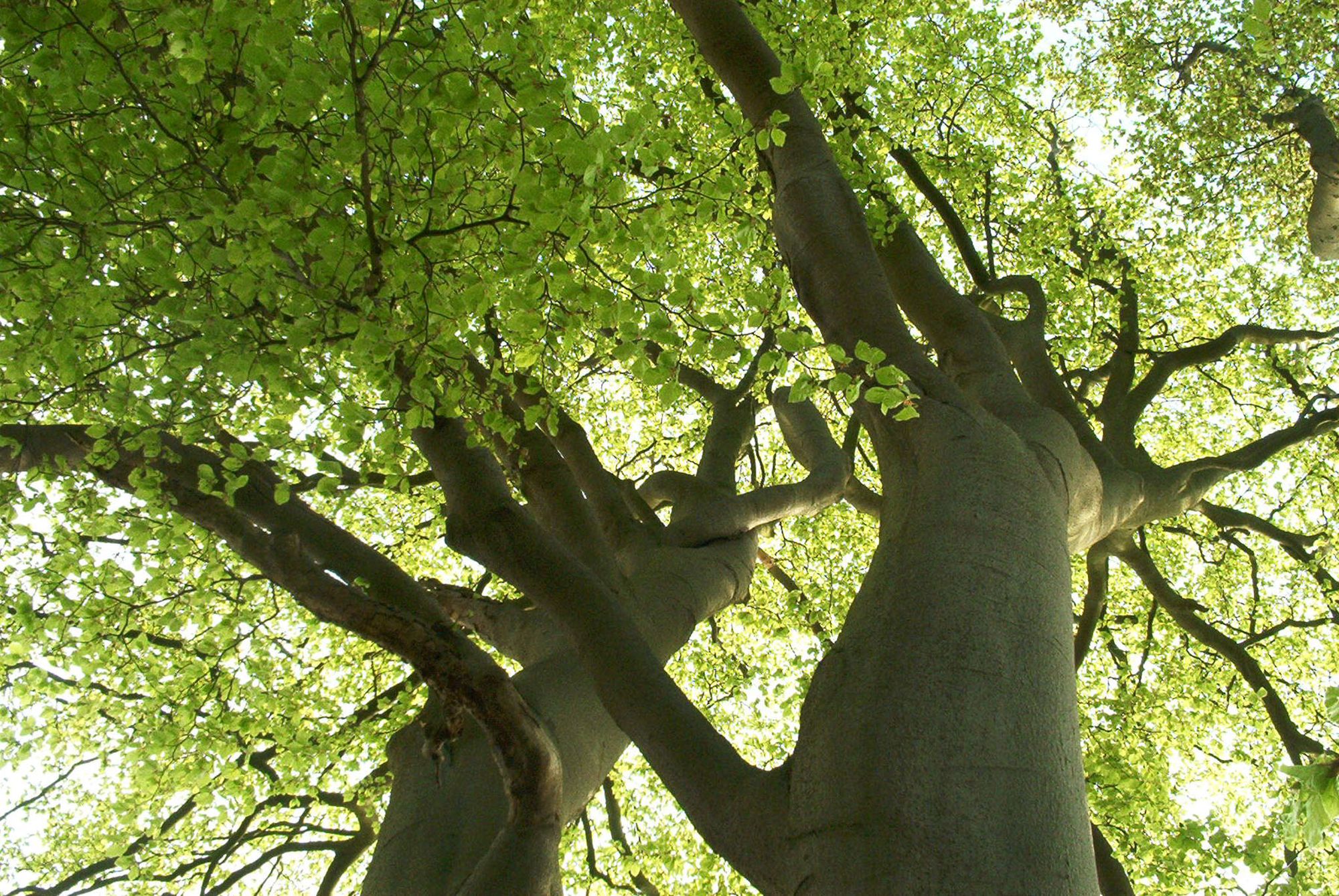
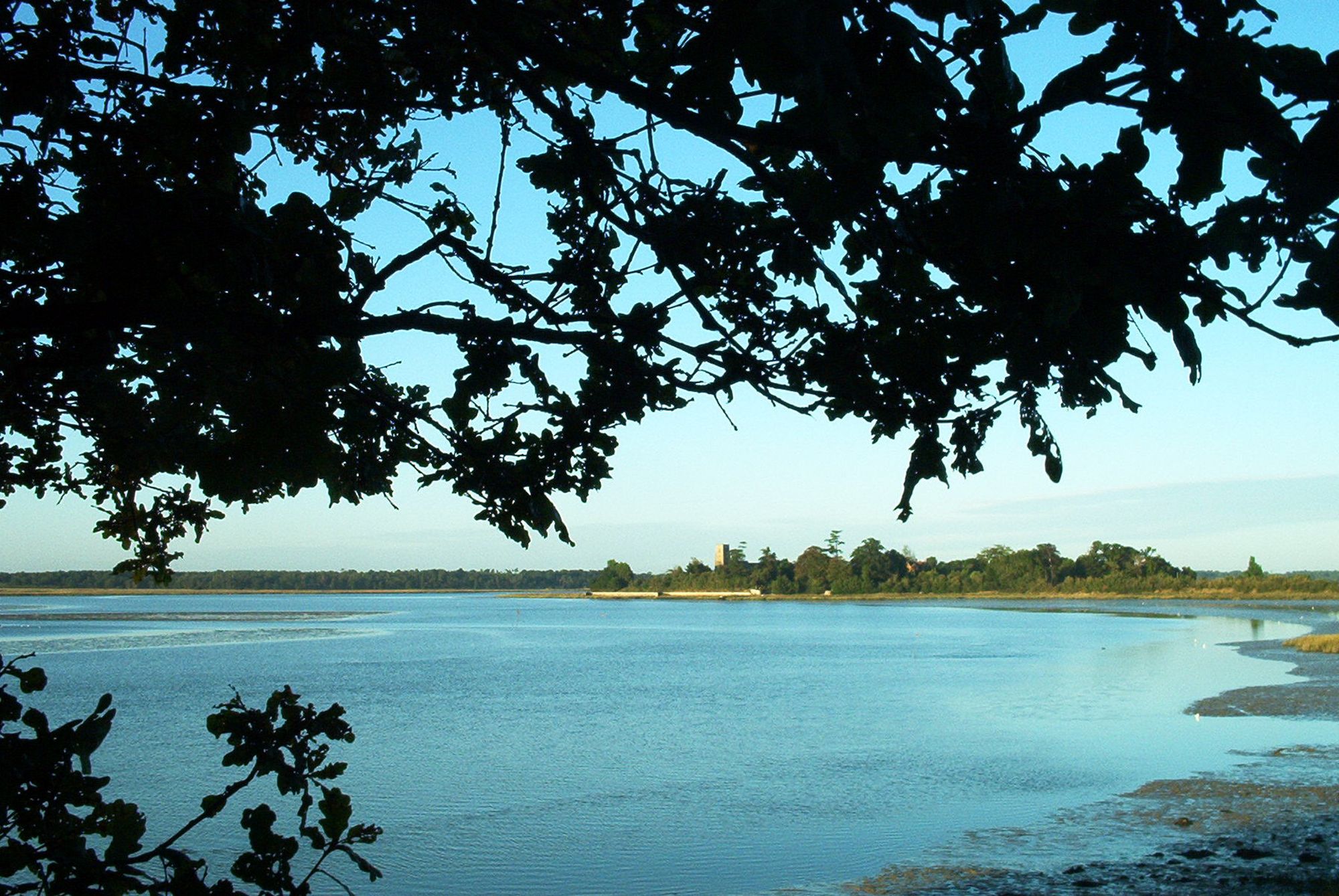
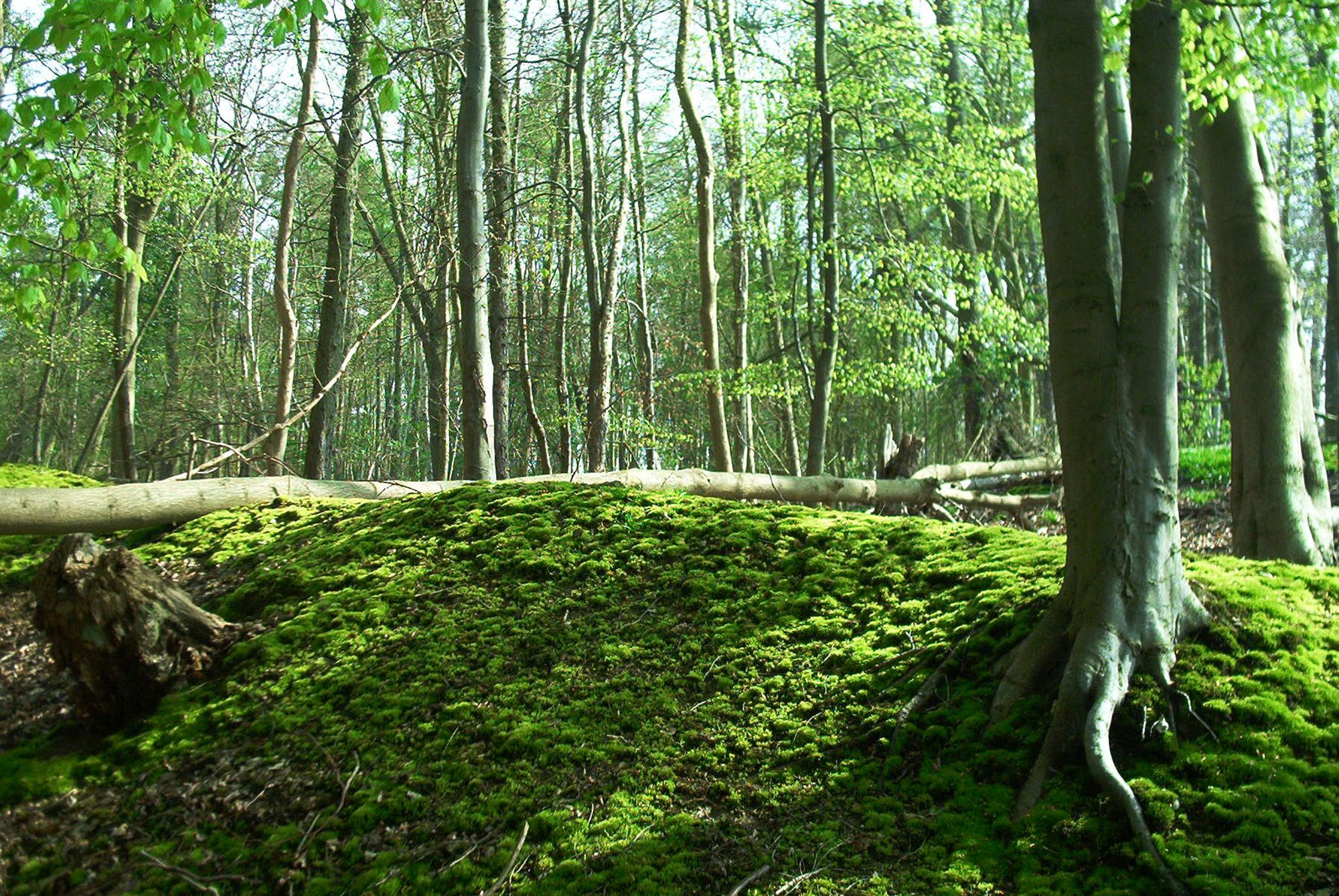
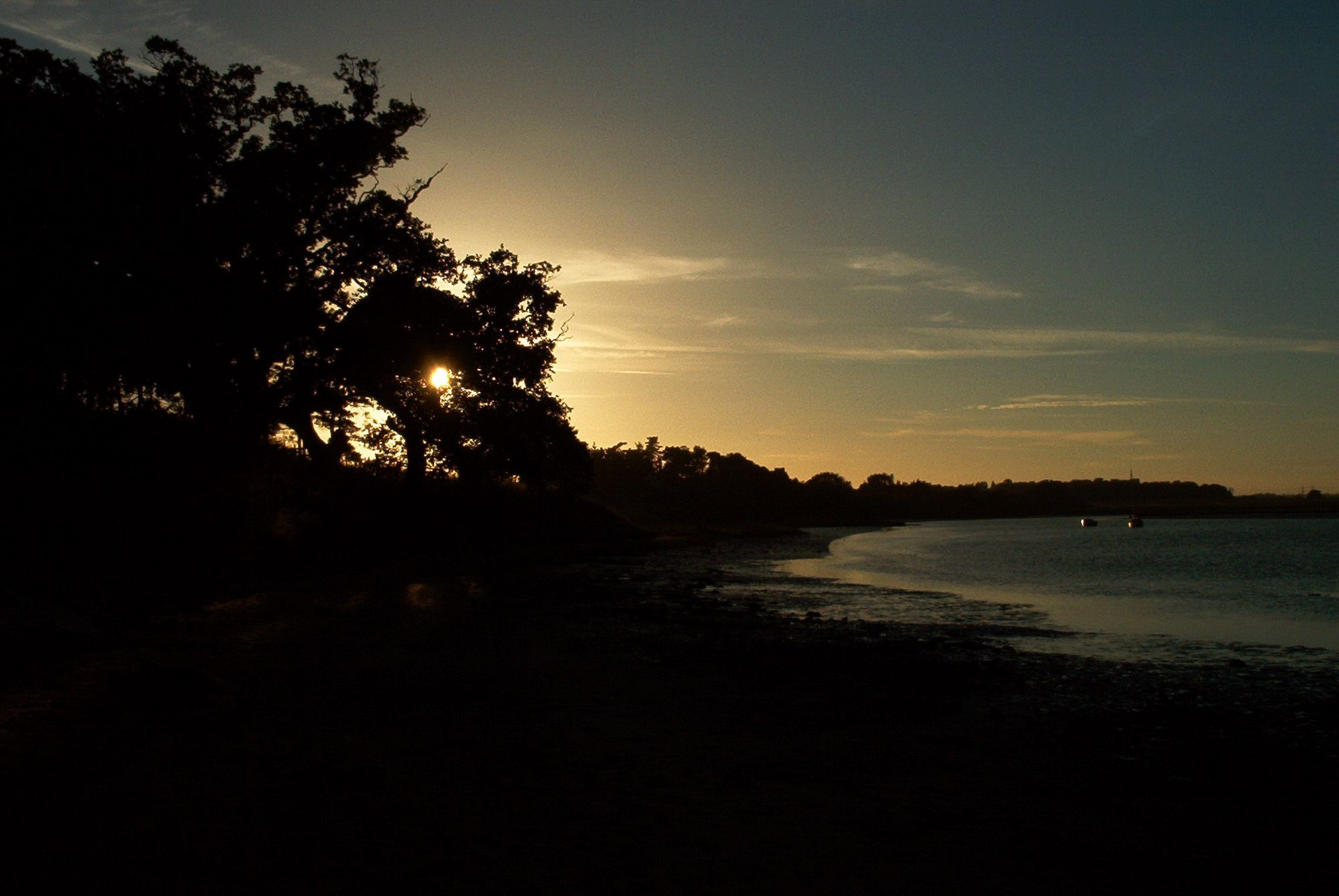
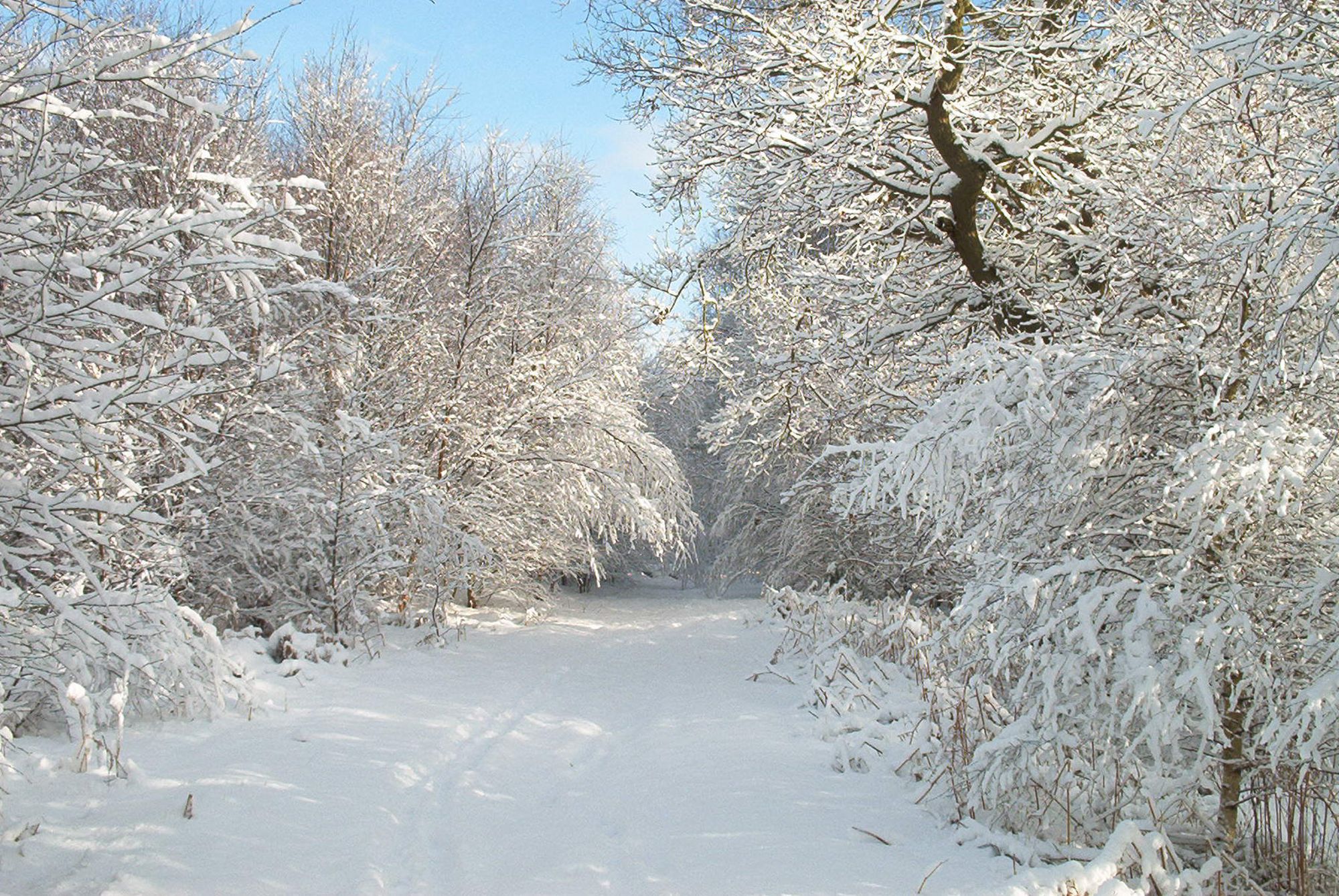
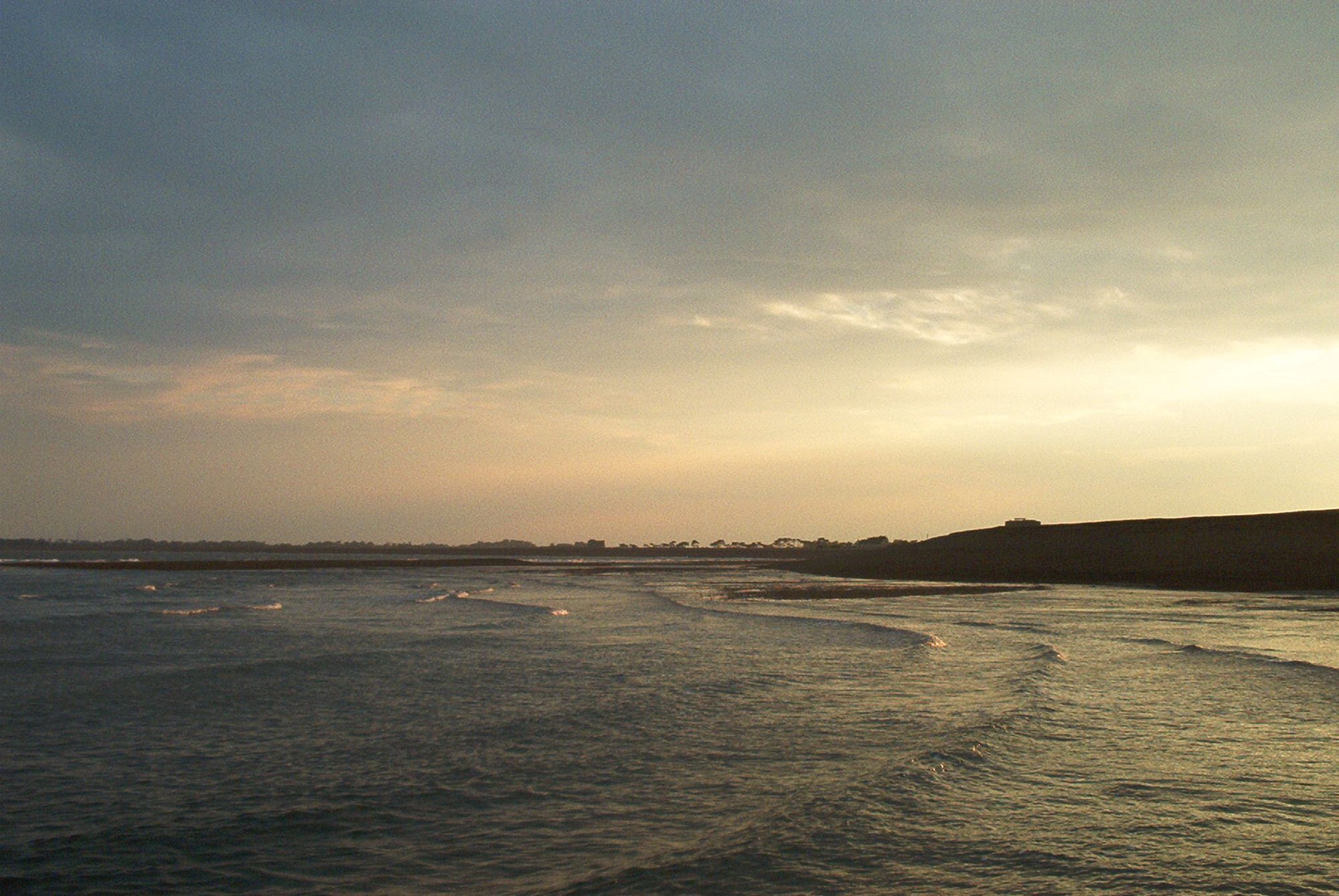
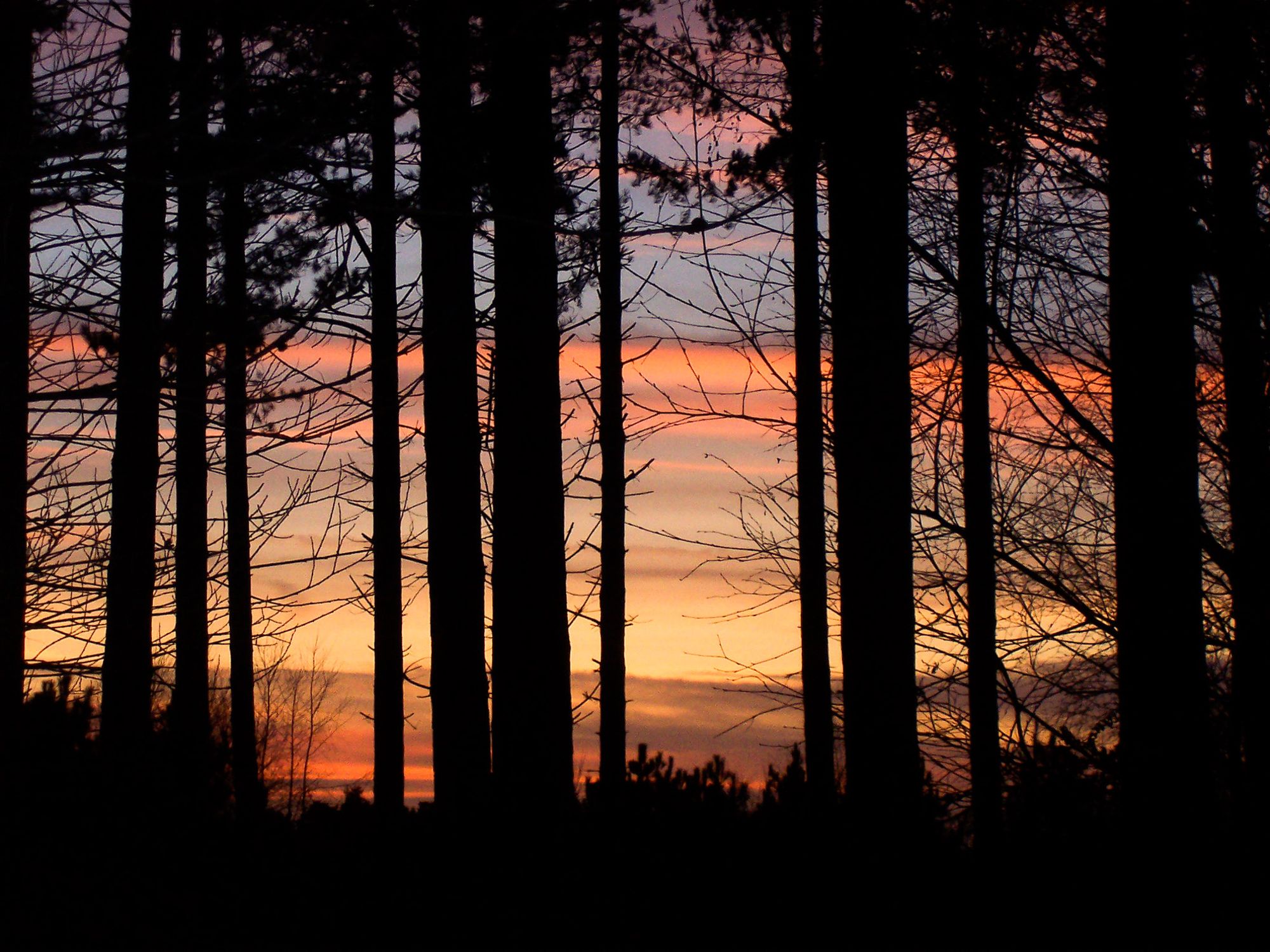
On Sunday, I'm heading back to hike and photograph the Sandlings Walk for a new book project. Although I once knew this route intimately, it's been 20 years since I last walked most sections of it, and I certainly don't have any publishable images. A 1.2-megapixel photo from 2003 is not going to cut it for a modern coffee-table book.
It's a challenging time of year to make an English trail look good on the page, too. I'm hoping for sunshine and frosty mornings. But, setting aside the work demands I'll be placing on myself next week, I wonder how the very process of capturing this place with a modern high-resolution camera will alter my perception of it. And whether I want that perception to be altered.
Memory becomes our own internal reality, but it is not the same as external objective reality (if such a thing even exists). The lo-fi early-2000s dream reality I'm carrying around in my head – a representation of a specific blend of time, place, perspective and perception that no longer exists – is going to crash against a new external reality. And I'll be capturing it with different tools that yield different results. It'll be curious to see how that makes me feel. The 2020s feels like a harder-edged, leaner decade, with no time for fuzzy lo-fi vibes. Maybe it just feels like that because I'm an adult now, but it feels like that nevertheless.
Photography, for me, is a key part of memory. Unless I take pictures – and keep a journal, but that's a different debate – I don't remember things. It therefore follows that the way in which I take pictures, and the aesthetic qualities of those pictures, dictate the substance of memory – and therefore reality. Perhaps this is why I put a lot of care into photo gear and use different cameras for different things. Perhaps this is why I rarely use a smartphone to take a picture of anything important (at least without shooting in raw and taking control of processing). A picture from a smartphone on auto mode is robotic and soulless and cold. I don't want my memories to be like that. For me, the primary aesthetic reality of this decade is lit with pitiless auto-HDR and sharpened to a brittle point. A machine's opinion of perfection. No room for shadows, darkness, blown highlights, softness, grain, missed focus, nuance. Memory needs these things. We aren't machines.
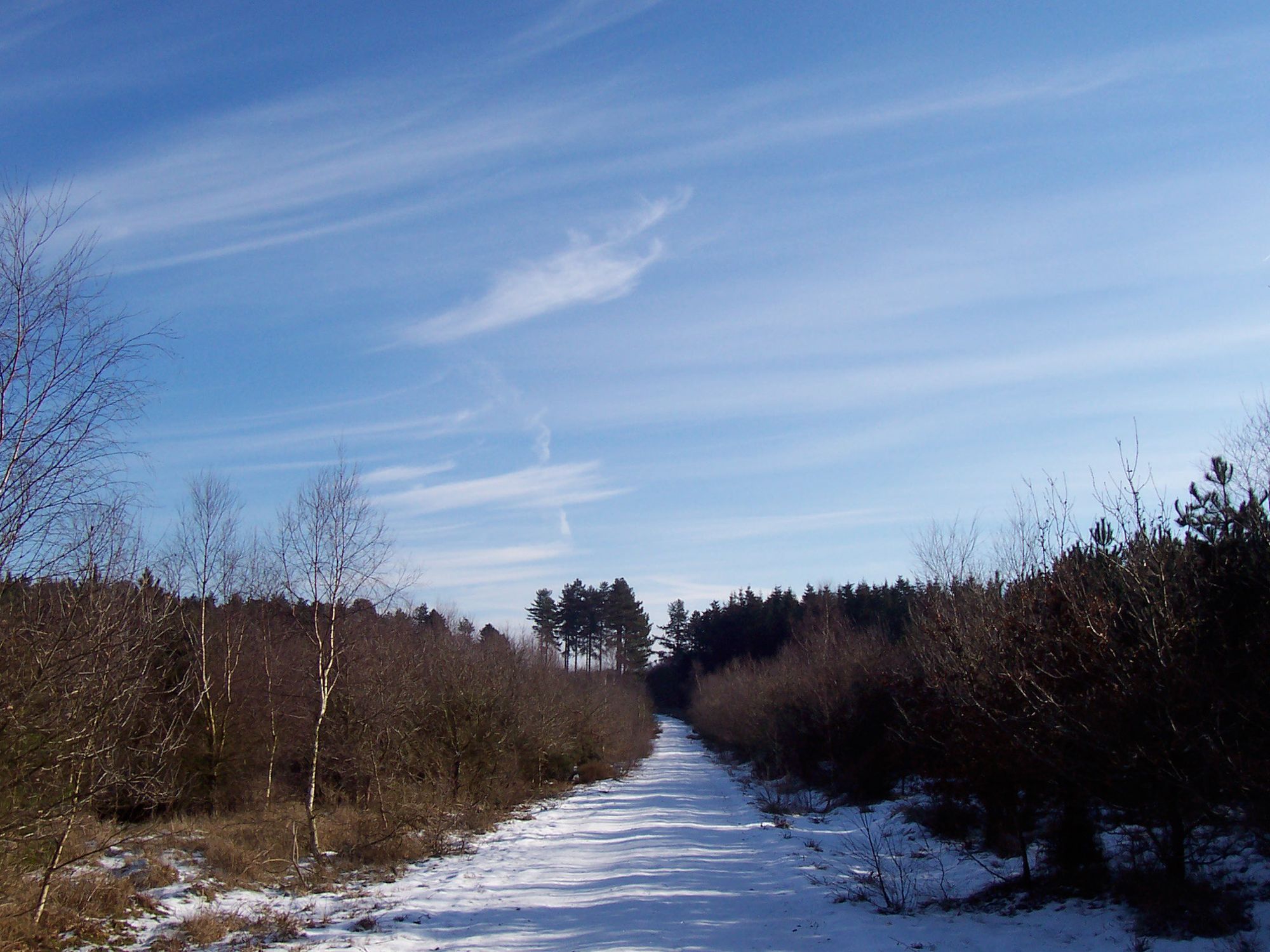
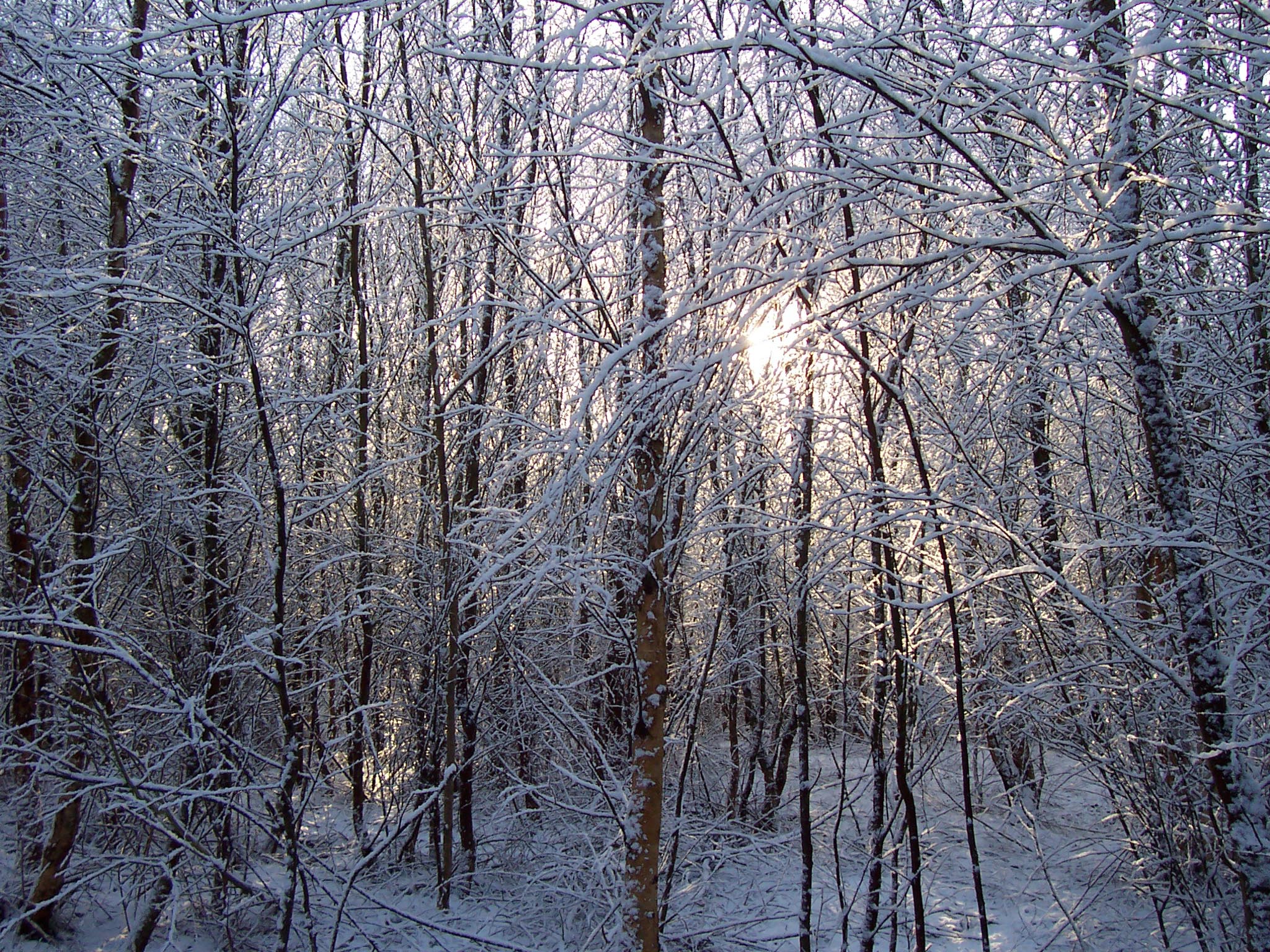
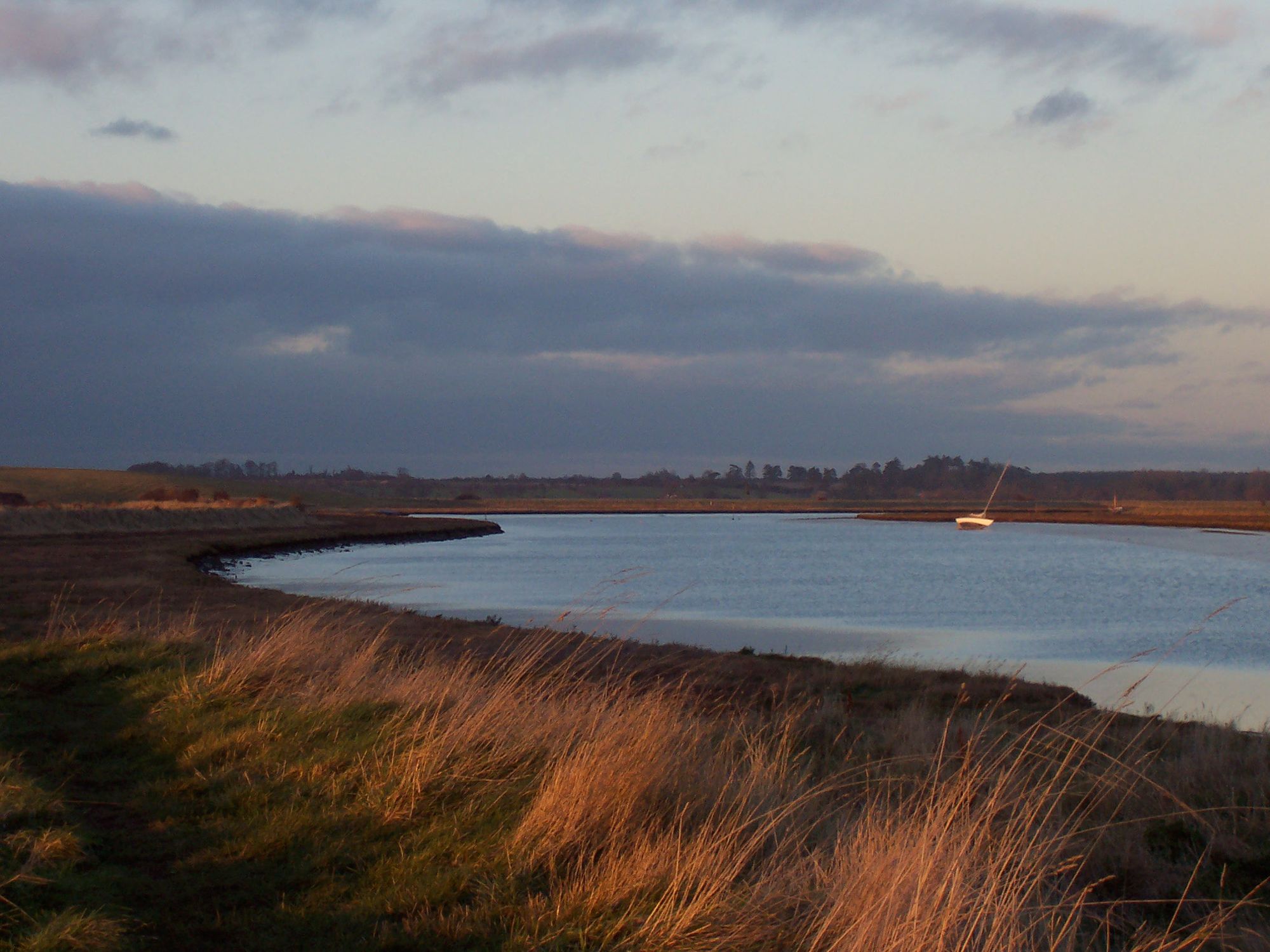
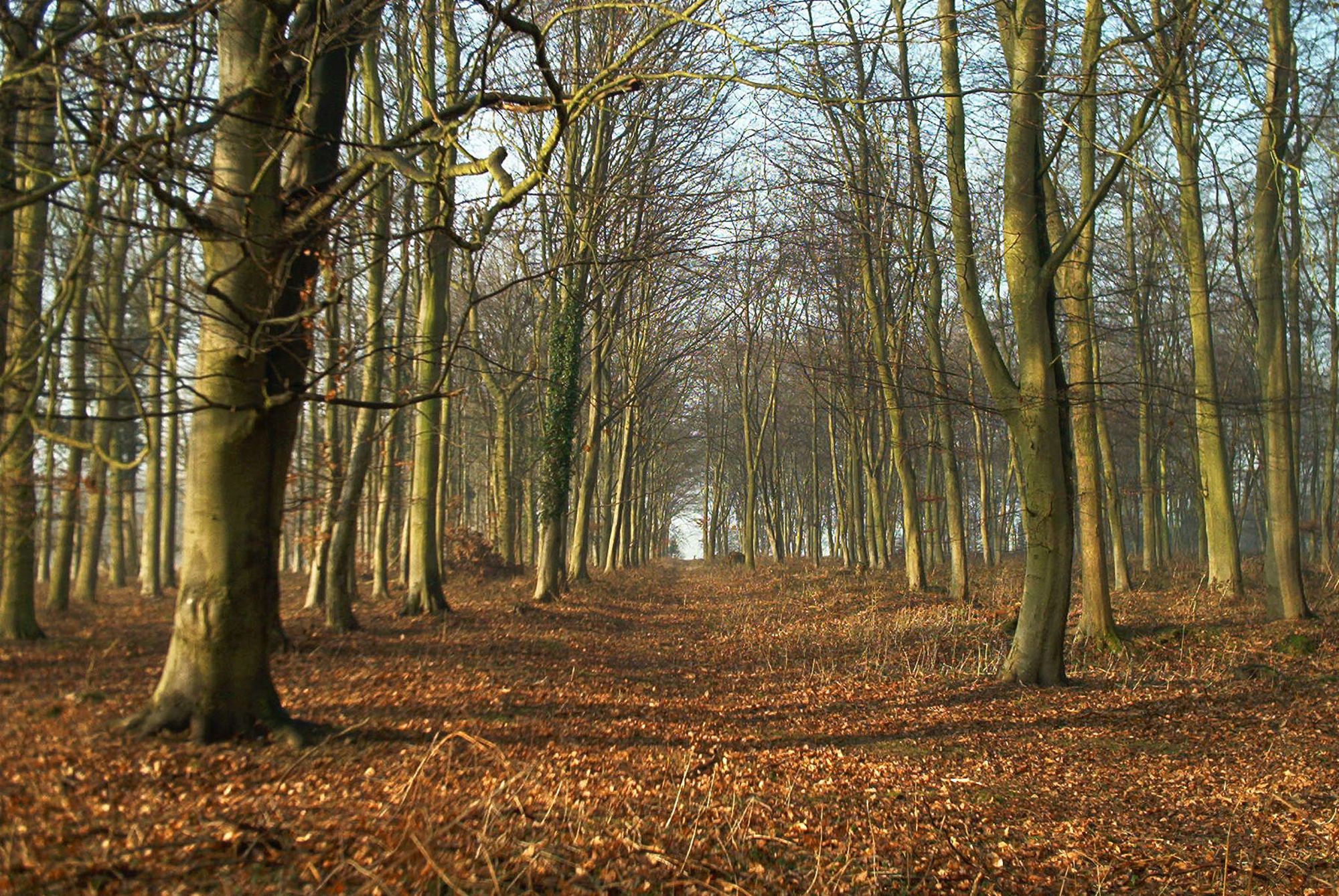
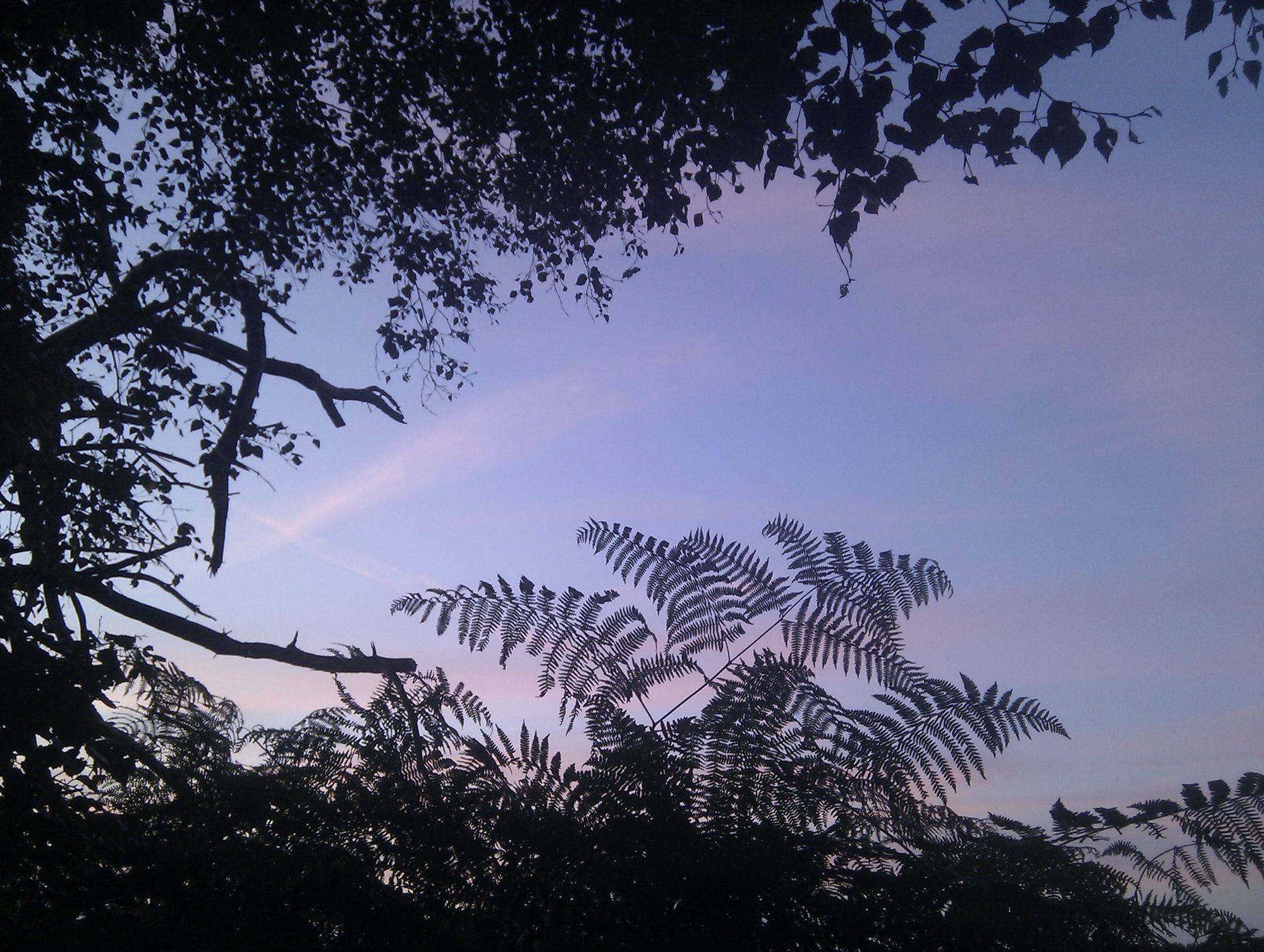
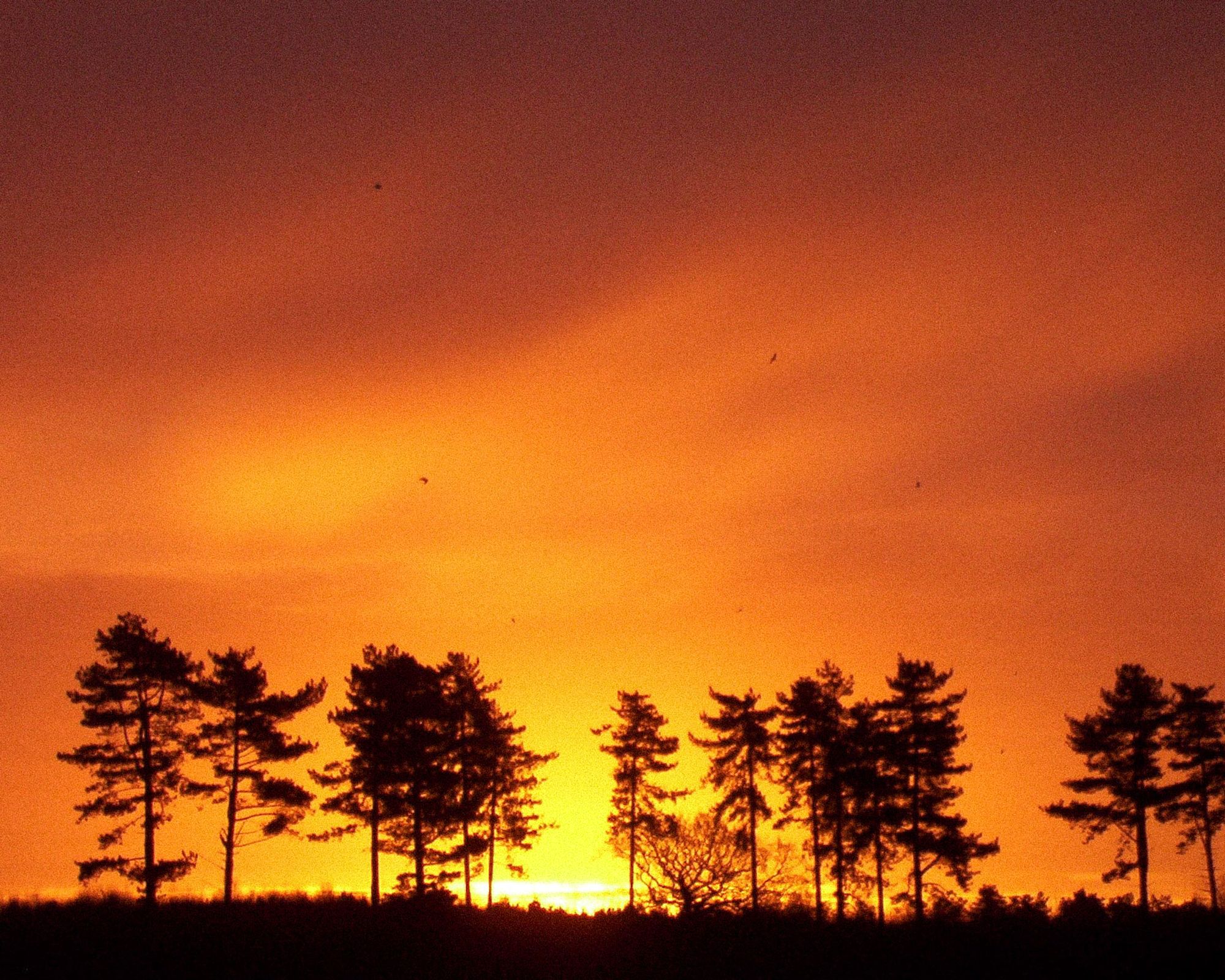
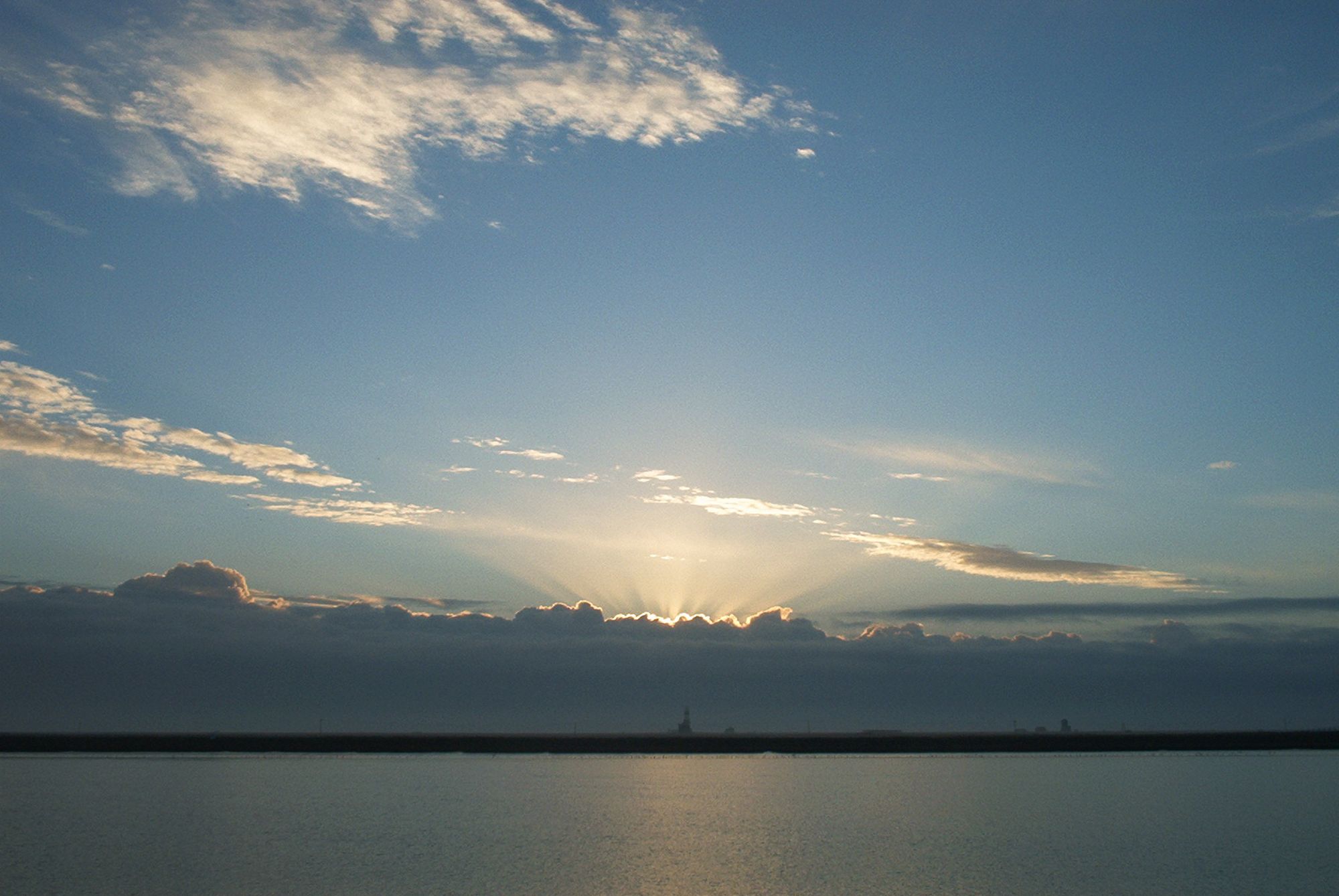
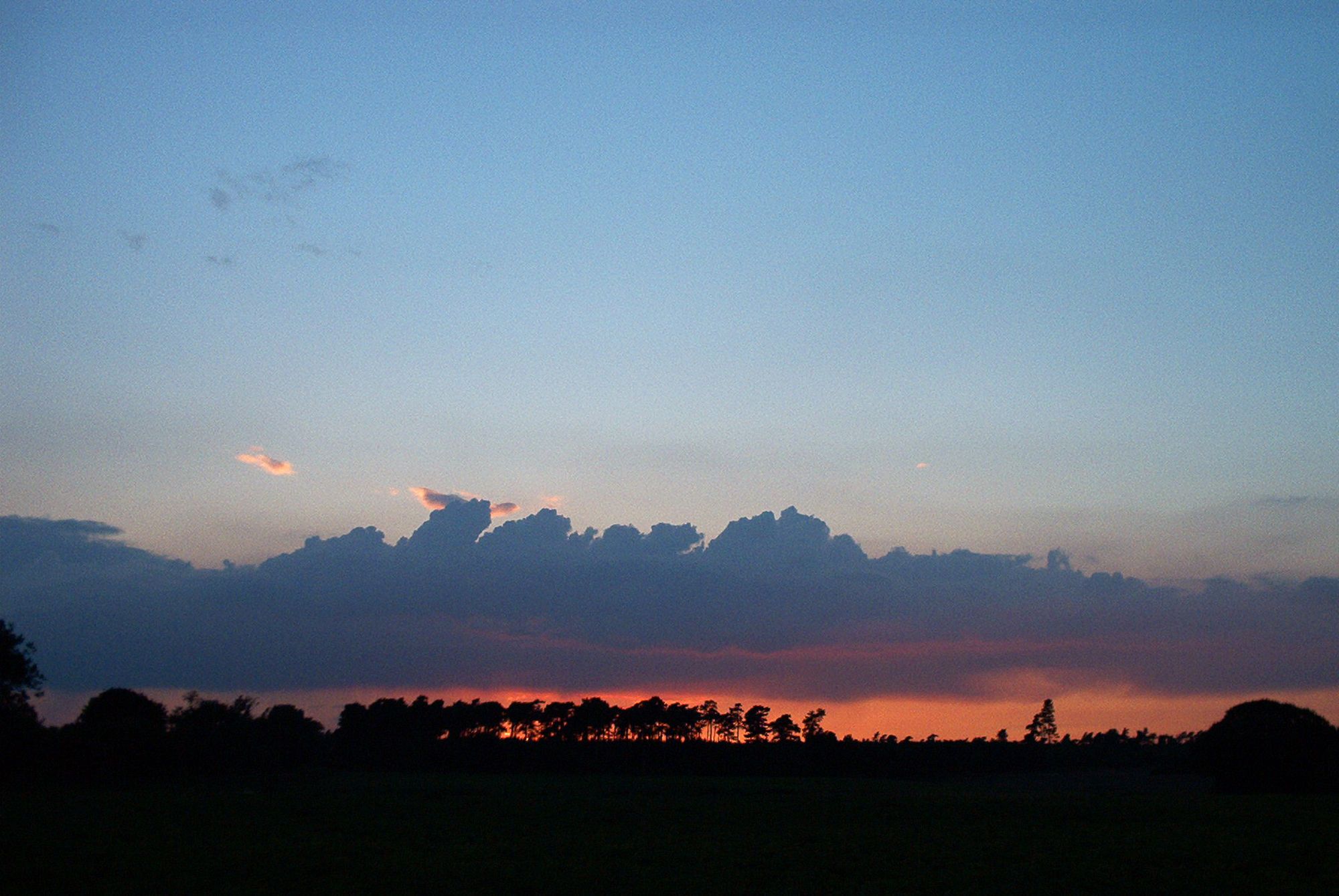
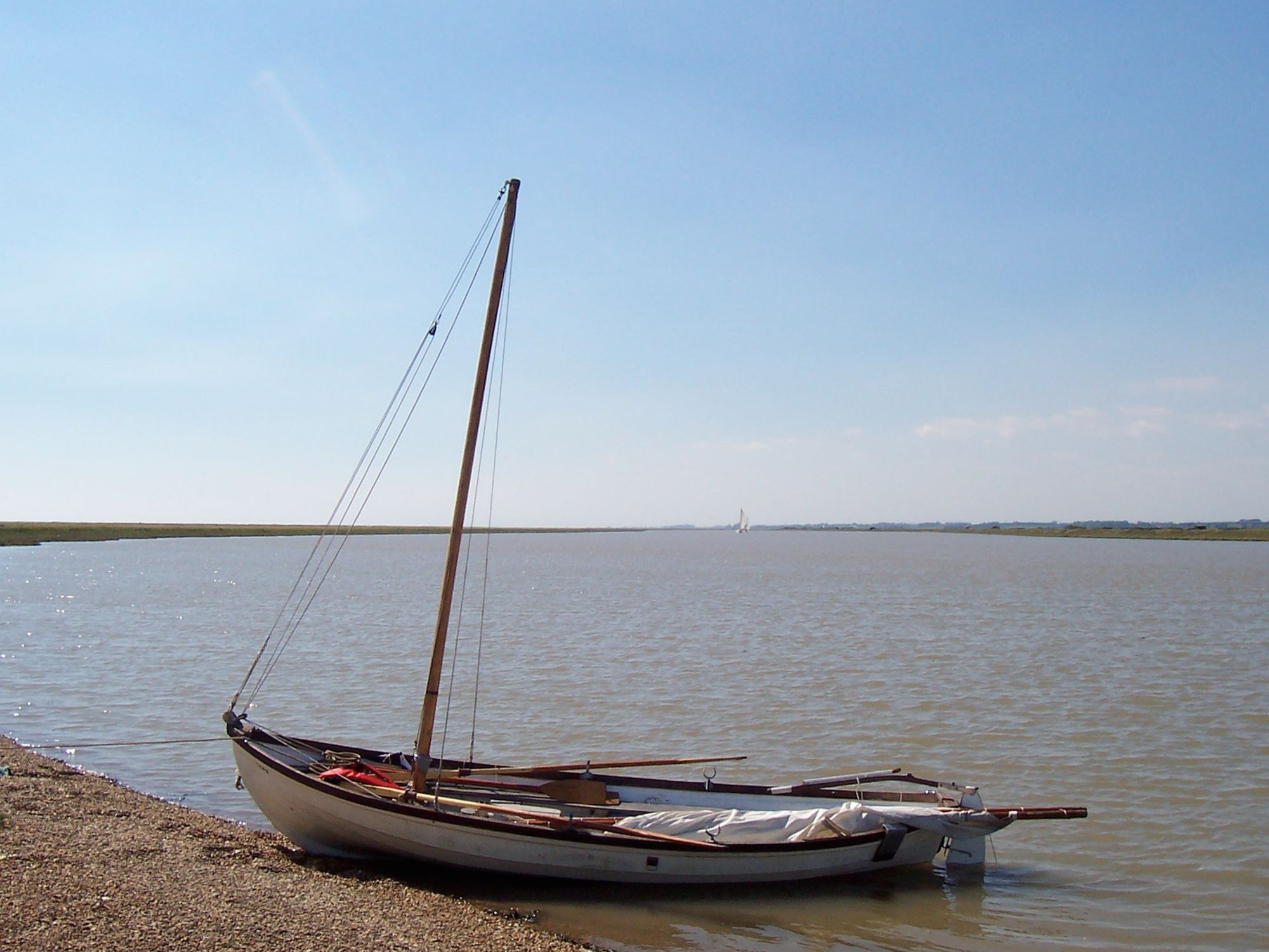
Next week, I'll be carrying a modern digital camera to produce modern, publishable pictures for the book, but I'll also be carrying a film camera with a lens from 1948. I never shot any film back when I lived in Suffolk, and I certainly wouldn't go back to using the awkward primordial digital camera I used in 2002. But I need to carry a recording medium with a bit of humanity to it, if only as a way to soften the breaking of the wave.
Reading all this, it may seem that my walk through the Sandlings is going to be a sombre, introspective experience, but I don't think that's what it will feel like at all. A lot will have changed; I'll have changed a lot more. I'll be bringing new perspectives and seeing this place with fresh eyes. Perhaps that's the true beauty of travel – as G.W. Young put it, the grace of forgetting.
Alex Roddie Newsletter
Subscribe here to receive my occasional personal newsletter in your inbox. (For the fun stuff, please consider subscribing to Alpenglow Journal instead!)


